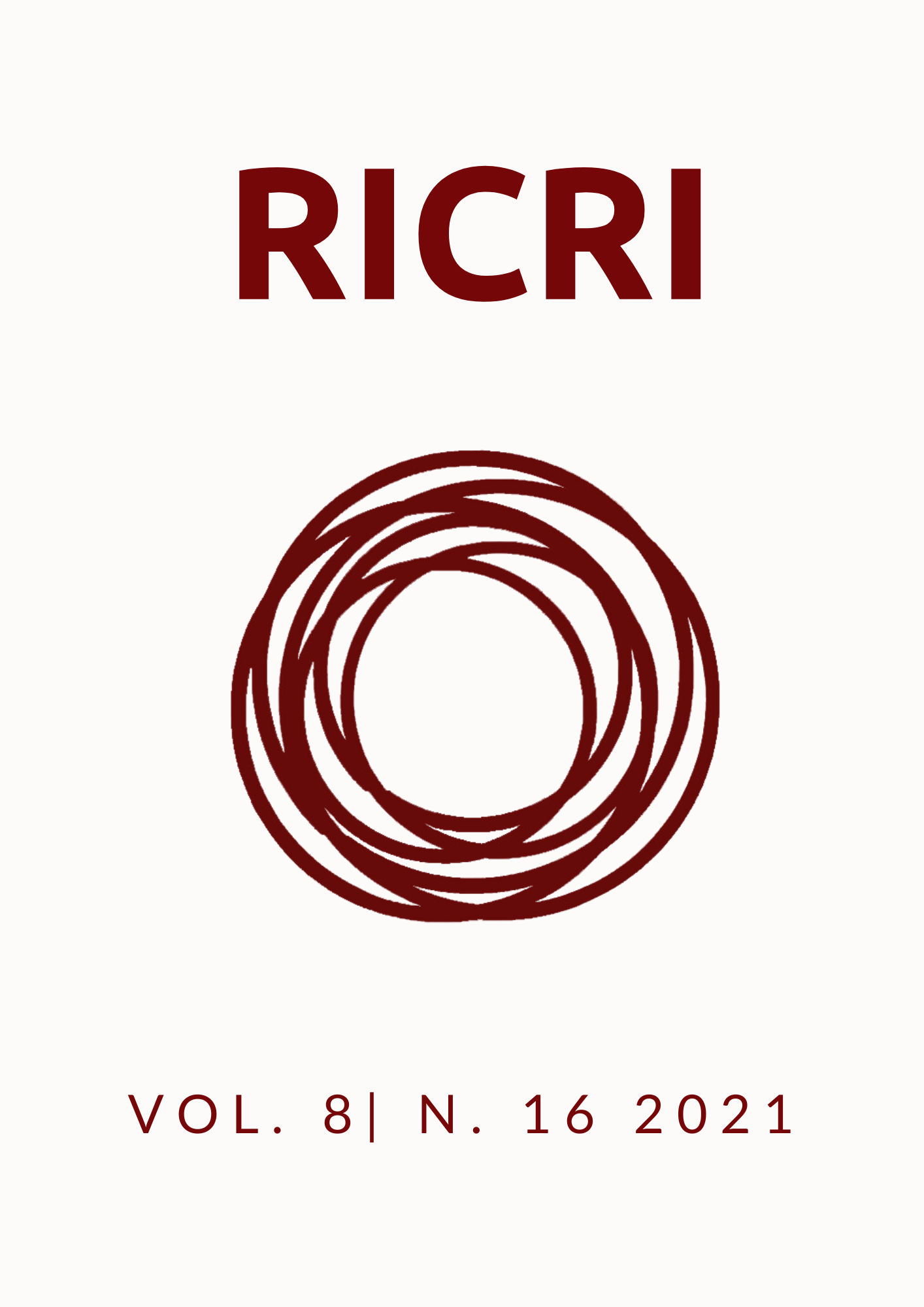THE IMPACT OF THE 2016 PRESIDENTIAL ELECTION IN THE US ENVIRONMENTAL POLICY AND ITS REPERCUSSION FOR THE PARIS AGREEMENT
DOI:
https://doi.org/10.22478/ufpb.2318-9452.2021v8n16.55378Abstract
The US entrance into the Paris Agreement in 2015, facilitated by the Barack Obama’s government, was a milestone for the country’s environmental history. Yet, with the 2016 presidential elections and the arrival of Donald Trump in power, there was a sudden change in the process of approaching environmental issues and, consequently, the withdrawal of the US from the Paris Climate Agreement. Herewith, this article aims to analyze, in a constructivist perspective, the impacts of the presidential elections and their consequent party change in the repercussions for the Climate Agreement. Thus, it consists of a qualitative research, with content analysis based on speeches from both parties and analysis of official documents and papers. Hence, it became apparent that the securitization process and the denial of scientific studies played an important role in the decision-making and environmental policies conferred by the Trump administration, contradicting all the environmental aspects of policies based on the Obama era. Finally, it is brought to light that the impacts of changes in power and the reverberation of speeches that occurred with the 2016 elections in the US, were decisive factors for the exit from the Paris Agreement.
Downloads
Published
How to Cite
Issue
Section
License
Authors who publish with this journal agree to the following terms:
a. Authors retain copyright and grant the journal right of first publication with the work simultaneously licensed under a Creative Commons Attribution License that allows for sharing of work with acknowledgment of its initial publication in this journal.
b. Authors are able to take on additional contracts separately for non-exclusive distribution of the version of the work published in this journal (e.g., post it to an institutional repository or as a book), with an acknowledgment of its initial publication in this journal.
c. Authors are permitted and encouraged to post their work online ( eg, in institutional repositories or on their website) at any point before or during the submission process, as it can lead to productive exchanges , as well as increase the impact and citation of published work ( See the Effect of Open Access).




